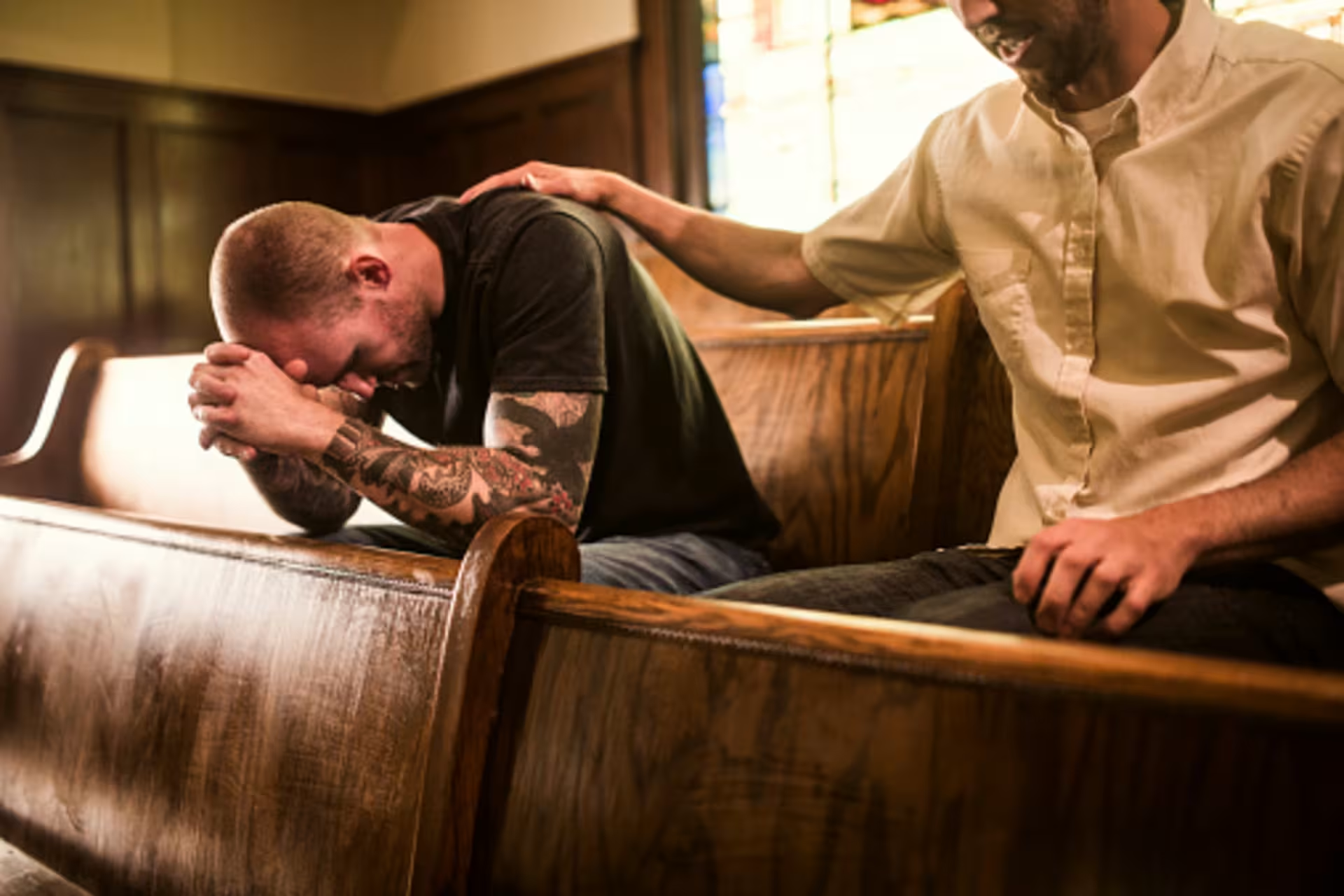
The Bible’s purpose is to reveal the relationship afforded to mankind from God himself. Relationships are the point of our creation and relationships with each other are the backbone of Christian practice. This communal call to live interconnected lives is a source of great security and identity. However, because of the broken state of mankind due to sin, these same relationships can also be a source of great pain and disillusionment.
This summer we will be looking deeper into what the Bible has to say about how Christians should treat others and learning more about our expected Christian conduct for all types of relationships. Yes, the “should” is in italics, not as a negotiable, but as an ongoing work in all God’s people. To frame this, we will be exploring many of the “one another” verses found in the New Testament. These will help to challenge and encourage us in our continued commitment to be more like Jesus.
The first, and possibly the best known, is to love one another. Jesus said, “A new command I give you: Love one another. As I have loved you, so you must love one another” (John 13:34, NIV). This is repeated in over ten other places in the New Testament. Its repetition can safely become the foundational element for all the “one another” verses we will see this summer.
“Greater love has no one than this: to lay down one's life for one's friends” – John 15:13
The very nature of exhibiting the love of Jesus within our broken lives here on earth is against the grain of our flesh. Love is inconvenient. Love crushes our selfish nature. Loving others changes us because it exposes the evil and not surrendered corners of our hearts. When we love, we are changed. But this change, though necessary, will never be discovered in calculated comfort and security, but in the uncertainty of sacrifice and risk.
One of the more challenging aspects of sacrificially focusing on others is to love someone at their need, not with our agenda. Love meets someone on their terms and is received within their capacity and comprehension. This level of love, within the context of Christian conduct, listens and learns what is really needed to express that deep commitment. It is the thoughtful gift, the assistance that was only hoped for and the tangible presence of a friend in a great time of need.
God’s greatest pattern of love for others is how He treated us as seen in John 3:16, “For God so loved the world he gave his one and only son.” This world has always had many urgent and unmet needs. In God’s perfect perception, He knew that Jesus coming as a sacrifice for us was truly the greatest need to address. The greatest expression of His loving commitment to our redemption from sin was the best way for us to understand His love. This is the source of filling the empty void of the world.
All of us would like our investments of love to be adequately or equally reciprocated. However, this is not the pattern or purpose of love in the Bible. The Bible reminds us that Christ died for us while we were still sinners (Romans 5:8), not when we became perfect. When we set out to love someone with the conditional expectation of having our investment reciprocated at some level, we have not yet tapped into the loving pattern and plan of God.
We offer love freely; this is an act of worship for us. Whether it is reciprocated or rejected is not the point, our personal transformation in the loving process is the reward. From this we just may be surprised at the depth of interwoven love we begin to share with others as we take the first step, make the risk and love others as worship to God.
“This is love: not that we loved God, but that he loved us and sent his Son as an atoning sacrifice for our sins” (I John 4:10).
Grand Canyon University has been training Christians in ministry since its inception. If you are interested in pursuing a career in ministry, GCU's College of Theology has many degree programs, including Bachelor of Arts in Christian Ministry and Bachelor of Arts in Christian Studies.
Speak with a University Counselor today.
The views and opinions expressed in this article are those of the author’s and do not necessarily reflect the official policy or position of Grand Canyon University. Any sources cited were accurate as of the publish date.